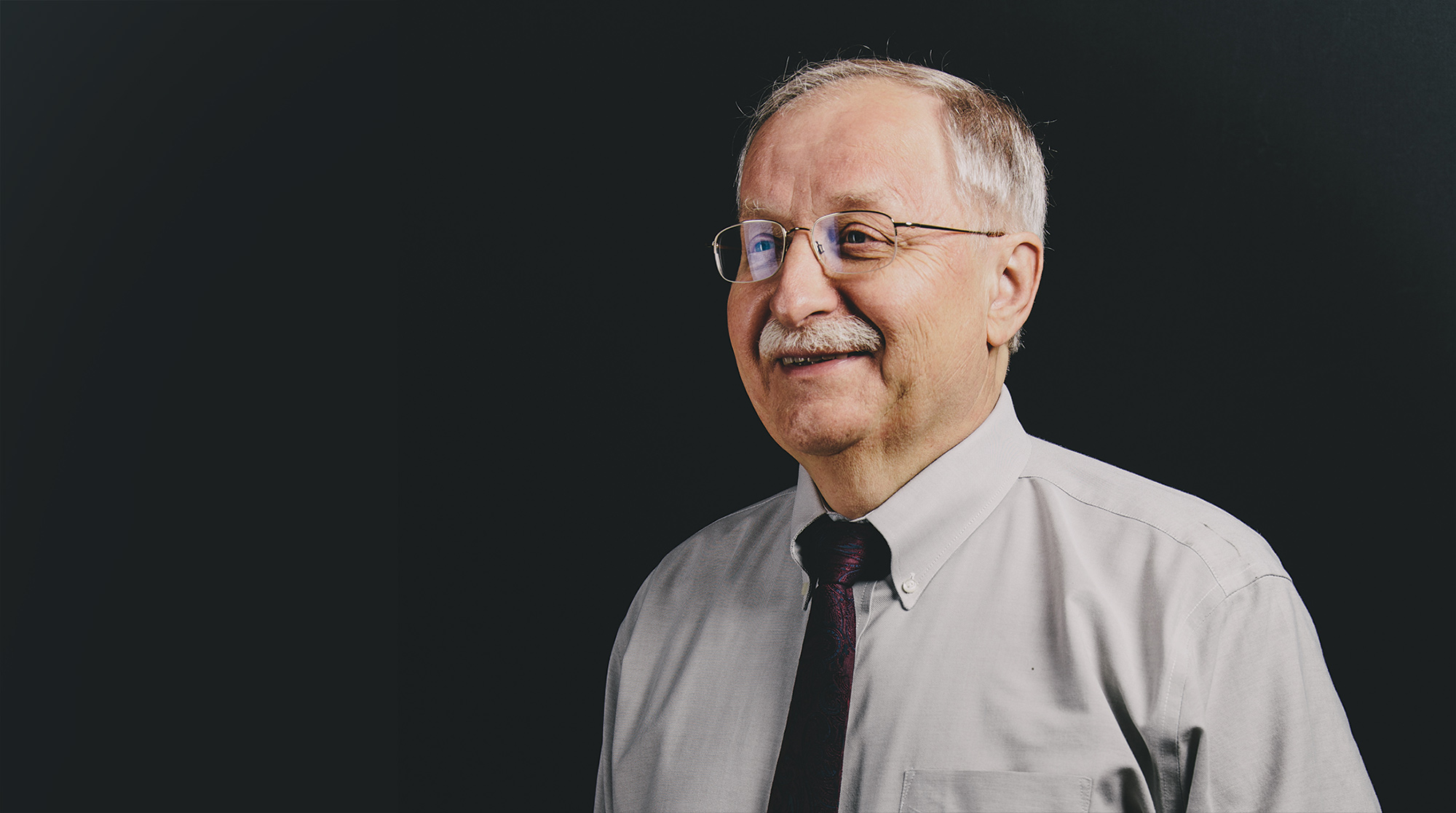Frank Chopp: 1953–2025 Frank Chopp: 1953–2025 Frank Chopp: 1953–2025
House Speaker Frank Chopp spent his life helping underserved members of the Evergreen State.

House Speaker Frank Chopp spent his life helping underserved members of the Evergreen State.
This piece was originally published in March, 2019. Frank Chopp, who was a house speaker for more than two decades, died on March 22, 2025 at the age of 71.
For a couple of months in 1974, Frank Chopp lived in a Seattle parking lot. The UW student wanted to draw attention to the demolition of low-income housing nearby. He rented a parking stall for about $10 a month, and then he and his dad, a Bremerton shipyard electrician, built a small geodesic dome for shelter.
At the time, the city was a blue-collar town grappling with Boeing layoffs, high unemployment, power brownouts, and a national oil crisis. Low-income housing was vanishing, and Chopp felt driven to help.
Now, as he wraps up 21 years as the Washington State Legislature’s longest-serving Speaker of the House, Chopp, ’75, pauses to reflect on his lifelong habit of shaking things up and finding ways to help the underserved members of the state.
He grew up in blue-collar Bremerton with two working parents who taught him about needs and opportunity and hard work. “My dad first started working at age 12 in the coal mines in Roslyn,” he says. And though his mother had to leave school at 14 to work, she always put a premium on education and insisted that her children all go to college.
As a teenager, Chopp did have long hair and maybe, he admits, one pair of bell-bottoms. But the hallmark of the early ’70s that he has kept to this day is his activism. “I was a rabble-rouser,” he says. “It was pretty much who I was from early on. My dad used to joke that he didn’t know where I got my politics from. But I got it at home right there at the dinner table.”
Chopp made his way to the UW in the footsteps of his older brother and two sisters. “There was never any question,” he says. “My parents had a clear expectation that that was where I was going.” They were so proud of his UW degree that they gave him a life membership to the alumni association as a graduation present.
“I’m going to keep working on the same issues, just in a different role.”
Frank Chopp, Washington Speaker of the House
As a student, Chopp found an outlet for his rabble-rousing through service-learning courses. He helped start the Cascade Shelter Project, which provides affordable housing in the neighborhood now known as South Lake Union. He also volunteered on the Kent Planning Commission. At the same time, he thrived in a UW residential program where students with shared interests lived in the same dorm, took classes together and had the same faculty advisers.
Those experiences gave Chopp tastes of sociology; art, thanks to ceramics professor Robert Sperry, ’55; and urban planning at the feet of legendary College of Built Environments professor Norman Johnston, ’42. These pursuits provided the solid foundation for representing the 43rd District, which includes the University District, Fremont, Wallingford and Madison Park.
After college, Chopp worked at community and senior centers. He served 15 years as director of the Fremont Public Association, now Solid Ground, a nonprofit that works to end poverty and oppression. That desire to serve his community led to running for office and 24 years in the state Legislature. As speaker, Chopp leads the majority party and strives to build strong relationships on both sides of the aisle, organizing support for legislation around issues like health care, education, housing and social services.
Bring up the federal government and Chopp shakes his head. “We’re completely different,” he says. “Here in Washington, we actually work together and we get things done.” Good ideas come from all directions, he says, “and when they’re good ideas, I’m highly motivated to pass them.”
He struggles to name a favorite accomplishment, but has several he thinks about all the time: money for in-home care for adults, a housing trust fund, the new Paid Family and Medical Leave Act, and free health care for children in low-income households. And for college students, he points to the state’s Dream Act—which helps undocumented students—and the Washington State Opportunity Scholarship, which matches state funds with money from private companies to help low- and middle-income Washington state resident students.
This year, Chopp says, the time is right to step away from the job of speaker. “I want to leave on a high note,” he says. “We [the Democrats] picked up a bunch of seats in the last election, I’m in relatively good health and I want to keep working and potentially running again.”
And he’s looking forward to handing over the gavel at the end of this legislative session. “It’s time for somebody else to do the job,” he says. “I’m going to keep working on the same issues, just in a different role.”